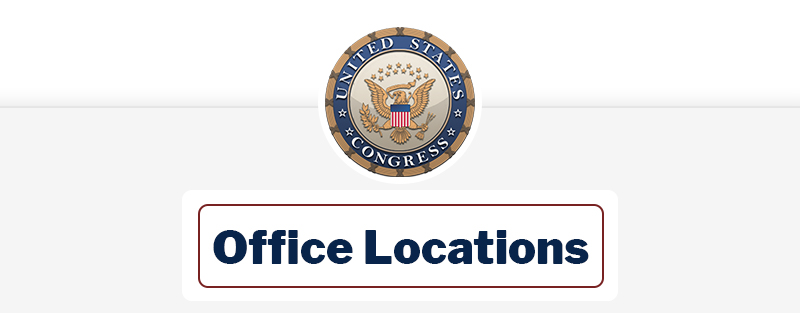|
April 10, 2020
Dear friend,
This week I sent you the first part of information about the CARES Act; the third COVID-19 recovery package aimed at not only strengthening our healthcare system, but also supporting our nation’s economy while many businesses are closing their doors, limiting their hours, or laying off employees in wake of stay-at-home orders and shutdowns issued by state governors.
That email was about healthcare provisions and this one highlights some sections for you that directly focus on small business, taxes, loan forgiveness, and unemployment insurance.
You can read the entire bill here.
Rebate Checks
- Sends direct checks of $1,200 ($2,400 married) to all U.S. residents with adjusted gross income up to $75,000 ($150,000 married), who are not a dependent of another taxpayer and have a work eligible social security number.
- Eligible for an additional $500 per child.
- The rebate amount is reduced by $5 for each $100 that a taxpayer’s income exceeds the passed-out threshold and is completely phased-out for single filers with incomes exceeding $99,000, $146,500 for head of household filers with one child, and $198,00 for joint filers with no children.
- Individuals receiving social security are eligible to receive rebate checks as long as their total income does not exceed the limit.
- Those owing past tax debts, or other payments (ex. student loans) to federal or state governments will receive the checks
- Those owing past due child support payments that have been reported by the state to the Treasury Department could see their cash payments reduced or eliminated.
|
| |
I am not typically required to file a tax return. Can I still receive my payment?
|
Yes. People who typically do not file a tax return will need to file a simple tax return to receive an economic impact payment. Low-income taxpayers, senior citizens, Social Security recipients, some veterans and individuals with disabilities who are otherwise not required to file a tax return will not owe tax.
If you have any other questions or want to know more about the rebates, please visit the IRS’ website here for up to date information.
|
Payment Protection Program and Loan Forgiveness:
- The Payment Protection Program provides $350 billion for 100% federally guaranteed loans for 8 weeks of assistance to small business and 501(c)(3) non-profits, sole-proprietors, independent contractors, and other self-employed individuals.
- Loans can be forgiven when used for payroll costs, interest on mortgage obligations, rent, and utilities.
- SBA certified lenders AND non-SBA lenders would be authorized to make Payment Protection loans.
- SEC TREAS would have authority to expedite the approval process.
- Maximum loan amount for SBA Express loans increased from $350k to $1B through December 31, 2020.
- Automatic deferral payments for six months where the SBA pays principal, interest and fees on all SBA loan products.
To learn more, please visit the SBA’s website here for up to date information.
|
Unemployment Insurance
- Temporary Pandemic Unemployment Assistance Program:
Provides payment to those not traditionally eligible for unemployment benefits (self-employed, independent contractors, those with limited work history, and others) who are unable to work as a direct result of the coronavirus public health emergency through December 31, 2020.
- Emergency Increase in Unemployment Compensation Benefits:
Provides an additional $600 per week payment to each recipient of unemployment insurance or Pandemic Unemployment Assistance for up to four months.
- Emergency Unemployment Relief for Governmental Entities and Nonprofit Organizations: Provides payment to states to reimburse nonprofits, government agencies, and Indian tribes for half of the costs they incur through December 31, 2020 to pay unemployment benefits.
- Temporary Full Federal Funding of the First Week of Compensable Regular Unemployment for States with No Waiting Week: Provides funding to pay the cost of the first week of unemployment benefits through December 31, 2020 for states that choose to pay recipients as soon as they become unemployed instead of waiting one week before the individual is eligible to receive benefits.
|
|
To learn more about how to apply for unemployment insurance, visit the U.S. Department of Labor’s website.
These are just a few of the many initiatives within the CARES Act that are aimed at helping American small businesses and non-profits. For additional resources, information, and recordings of our tele-town halls regarding the coronavirus, please visit my coronavirus webpage.
As always, I will continue to work with the Nebraska delegation and all members of Congress to ensure the protection and safety of our community and state.
Sincerely,
Don Bacon
Member of Congress
|


